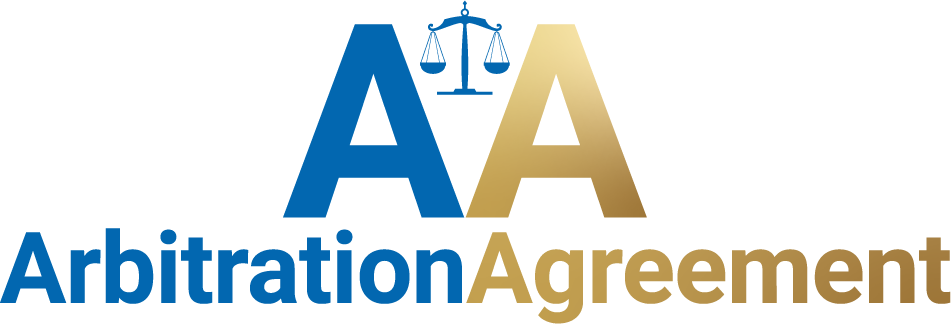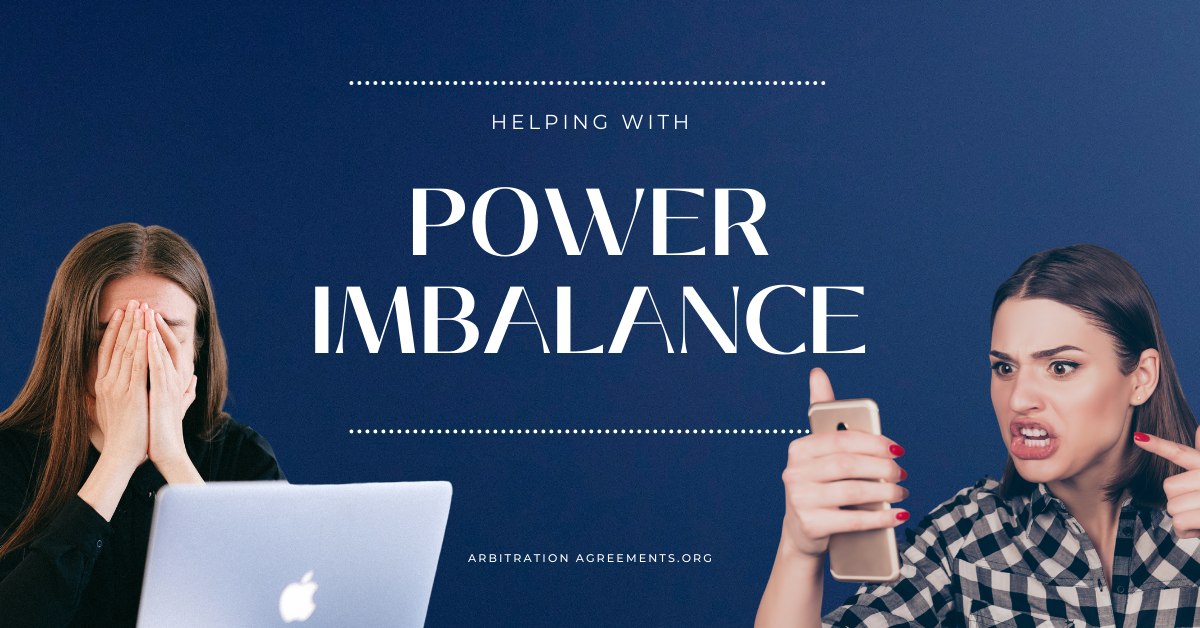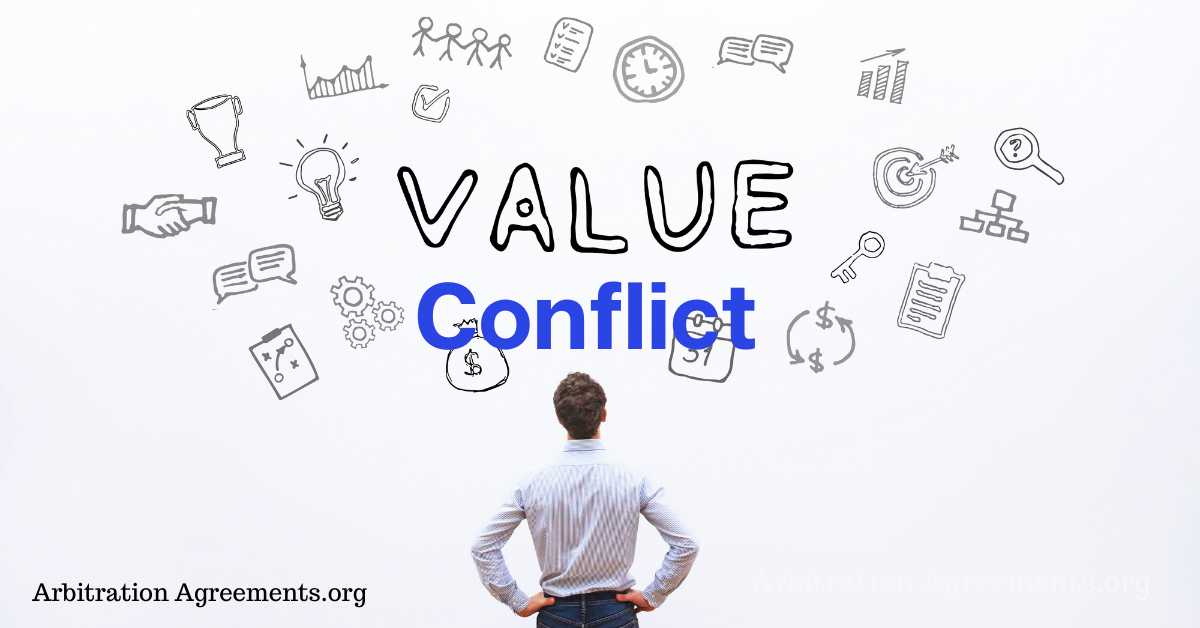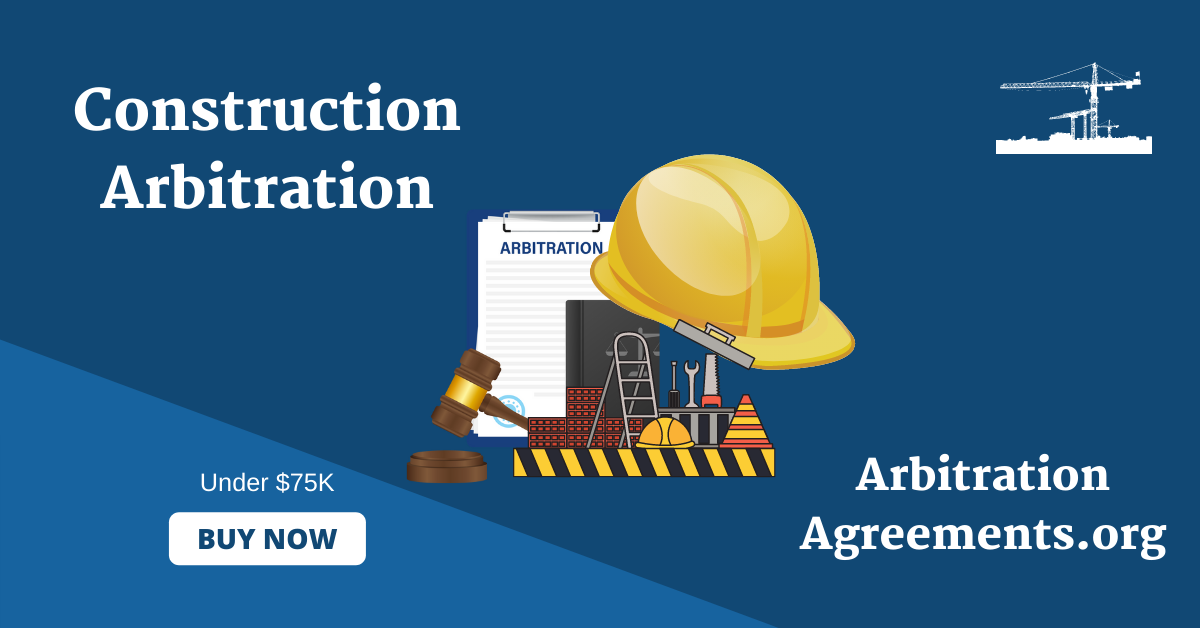How Long Does Arbitration Take?
“How long does arbitration take?” is a question our Arbitration Agreement Association often receives. Well, here's some good news. The arbitral process has a reputation for not lasting long at all. In fact, US court cases in litigation almost always last longer. Many standard court proceedings can drag on for years. Whereas, the majority of arbitration hearings conclude in a few days or weeks. Please continue reading to learn more information about how long arbitration lasts. We’ve also listed some general questions about arbitration meaning . If you have any questions, do not hesitate to contact our association.
How Long Will Arbitration Last?
The only sector of arbitration that takes some time is the discovery process. It can take a few months for disputing parties to conduct discovery. (“Discovery” also applies to other work to prepare for arbitration provision .) The arbitration hearing process will not last long at all. Sometimes arbitral hearing proceedings conclude in one single day. In other cases, hearings can last one or two weeks.
Under rare circumstances, an arbitration hearing process will last more than two weeks.
Say that an arbitrator gets selected to resolve your dispute. That means an arbitration hearing can begin on an immediate basis. Unlike litigation, parties do not have to wait on a court to create a schedule. Arbitration vs Litigation is all about getting a case resolved ASAP.
Smaller arbitration disputes involving two parties can get resolved in two weeks.
Of course, that time frame depends on the legal basis of each dispute. Meanwhile, US court litigation often lasts months or even years. Large arbitration cases with more than two parties can last a few extra days or weeks. But even that time table is still a lot faster than court litigation.
The Basics of Arbitration
In most legal disputes, binding arbitration refers to the legal concept of “binding arbitration.” It’s a popular way to resolve a dispute in a private and informal manner. Federal Arbitration is much cheaper on average than court litigation. Plus, it’s less time consuming and provides a faster binding resolution. Parties must first agree to submit a dispute toward an impartial, neutral arbitrator. Each arbitrator has legal authorization to resolve the disagreement. He or she does so by providing a binding, final award.
The average legal matter proceeds to arbitration process in a few weeks or months.
Otherwise, it can take years for a case to get heard in a standard courtroom. Most arbitrations take place in a conference room. Hearings never happen in a courtroom. In fact, courtroom rules of evidence do not even apply to arbitration. Plus, there is almost never a significant motion practice. Formal rules of discovery also do not apply to arbitration disputes.
Sometimes an arbitrator will allow some discovery measures to take place.
This often involves producing relevant documents and under oath depositions. Written transcripts are not needed inside any arbitration law proceedings.
The Role of an Arbitrator
Think of an arbitrator as a private judge. Like a court judge, an arbitrator provides a ruling with legal binding status. The binding ruling applies to all parties. Every US court and jurisdiction will enforce an arbitration decision with binding status.
What Does a Party Do at an Arbitration Hearing?
Sure, arbitration science isn’t as formal as traditional litigation. But arbitration still functions as an adversarial process. This means that your party must get ready to present your case. You’ll do so by calling in witnesses and presenting evidence. But that’s not all. A party has to make arguments that grab the attention of the arbitrator. Without persuading an arbitrator, he or she will not rule in favor of your party.
What Is the Cost of Arbitration?
The cost of arbitration law always varies. It depends on how much the fee of the arbitrator is. But that’s not all. More complex cases will make arbitration proceedings last longer. The longer arbitration sentence lasts, the more money arbitrating parties will have to pay. Keep in mind that arbitrators charge parties to conduct pre-hearing conferences. An arbitrator might also charge a party to review documents.
Sometimes arbitrators even charge for the time they spend preparing an award.
Say that you work with a third party arbitration association. You can expect to pay some administrative expenses. Plus, should you hire an attorney, there are attorney fees. If you lose your dispute, you might have to pay the total of the arbitration award. Learn more about Arbitration Clause of better understanding.
Is the Arbitral Process Confidential?
All arbitration proceedings are private. The public cannot access an arbitration hearing. Plus, there's no transcript of arbitral proceedings. (Unless a party pays expenses for transcript services.) There also aren’t many people present in arbitration definition . Of course, there are the parties and the arbitrator.
The only other people are witnesses and legal representatives.
Sometimes witnesses will listen to the testimony of other witnesses under oath. The final decision each arbitrator provides is private and confidential. The only exception is when a party has to enforce the decision in court.
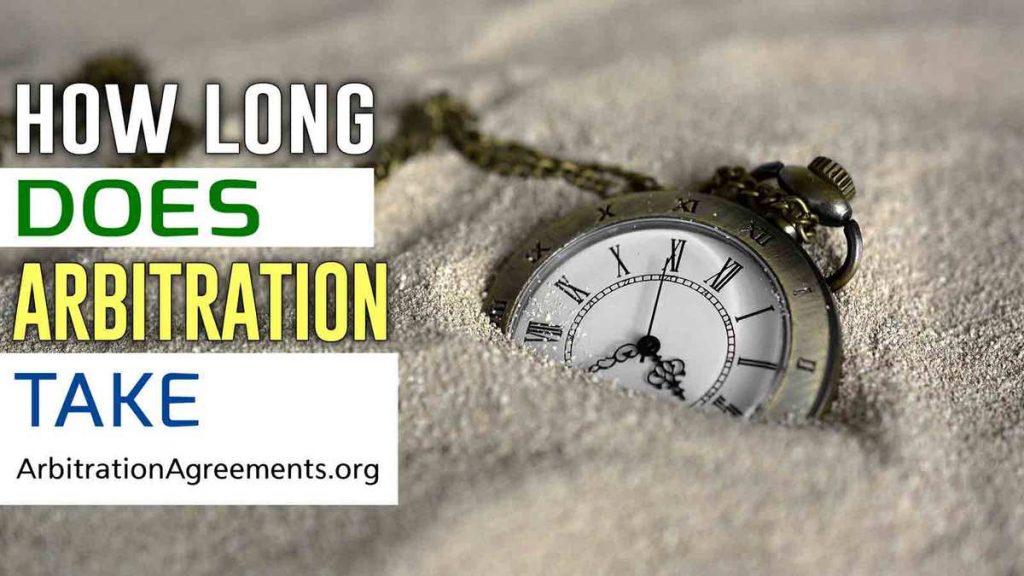
Do I Need a Lawyer To Arbitrate?
No, a party does not need a lawyer during binding arbitration . But most parties do choose to hire the legal services of an attorney. Why? Because the arbitration process is very adversarial. It might benefit your party to have a legal expert at your side. Of course, that means you must pay the expenses related to retaining a lawyer.
Does Agreeing to Binding Arbitration Make Me Give Up Any Rights?
Yes, agreeing to binding arbitration cost does make someone give up certain legal rights. The biggest right you give up is the right to get your dispute heard by a jury. Or, by a judge within the US court system. That’s why people should exercise caution when signing a contract or agreement. Many contracts and agreements feature arbitration clauses and provisions. A clause or provision might specify that the signee gives up the right to go to court. This way, types of arbitration with binding status becomes the only legal option.
Who Is the Arbitrator?
Both parties have to agree on who the arbitrator is. You can contact our association to secure a list of arbitrators in your local area. Our team will help you find arbitrators that are neutral, impartial, and qualified. Or, you can work with the opposing party to find almost any arbitrator. Keep in mind that the average mediator cannot work as an arbitrator. Consider re-reading your agreement or contract mentioning sample arbitration . It might feature specific information about who can arbitrate your legal dispute and employment arbitration .
How Do I Begin the Arbitration Process?
Did you sign an agreement or contract featuring an interest arbitration clause ? If so, begin by reading the information and requirements in the agreement or contract. If parties already agreed to arbitrate, you're welcome to call our association. You can also contact us through a message on our website or send us an email. Our arbitration agreement association experts will get in touch and provide information. This way, you can prepare for the arbitration process.
What if I’m Dissatisfied With the Decision of the Arbitrator? Can I Appeal a Decision & Award?
Let’s say that you're unhappy with the arbitration decision of your arbitrator. There are very few options for appealing an pre-dispute arbitration clause decision or award. Your arbitrator must display blatant bias for an arbitration decision to get appealed. Or, recent discovered evidence must come to light. There's nothing wrong with a party asking an arbitrator to reconsider a mutual arbitration decision . (And asking a court to overturn an arbitral decision.) But realize that the odds of an award or decision getting appealed are slim.
How Long Does It Take for an Arbitration Decision To Happen?
Abritral Tribunal It does not take that long to find out what the decision of an arbitrator is. But keep in mind that most arbitrators do have a 45 day time frame. You can expect to find out about the decision well before it’s been 45 days. You might also want to refer to your mandatory arbitration agreement. The agreement might state information about the time frame for a decision.
What Happens When a Case Goes to Arbitration?
Think of arbitration vs mediation vs litigation (and each hearing) like a small claims trial. Both parties present evidence and showcase arguments. The arguments during arbitration have to support positions of each party. Once the hearing process is over, the arbitrator rules in favor of a party. Each arbitrator functions like a judge in court. He or she analyzes evidence before making an ADR arbitration ruling.
Who Usually Pays for Arbitration?
Most of the time, parties split the cost of offer arbitration fees. This includes filing fees and payments to the arbitrator. Each party should cover its own costs for attorney fees and witness fees. A party must also pay its own discovery costs. The exact terms of payment depend on what's written in an arbitration advantages provision. (Or, an arbitration clause.) Oftentimes, the losing party has to pay the attorney costs and fees of the other party.
Does the Car Accident Arbitration Process Take a Long Time?
Say that you receive a low settlement offer from an insurance company after an accident. You can take part in full scale arbitration proceedings. That's where your party will advocate for a more fair amount of money. The first step is for your attorney to assess the details of your insurance policy. This way, you’ll know if arbitration contract is the right option.
Through conciliation arbitration, you’ll never have to step into court.
An impartial arbitrator will provide the final arbitration verdict. That verdict will have binding status. You will not have the ability to appeal the arbitration decision . Meaning of Arbitration has a reputation for going faster than standard court processes. And car accident arbitration is no exception.
The arbitral award process almost always gets resolved quicker than a standard trial.
It will take about two weeks to file paperwork for arbitration proceedings. Then, it will take about three weeks to select an arbitrator or tribunal. Next, the arbitration discovery process will begin.
The average arbitration hearing discovery process lasts about two months.
Then, the arbitration hearing phase will only take one or two weeks, on average. So, the duration of the entire arbitration process is about three months. But sometimes mandatory arbitration clause arbitral proceedings do not take that long.
Do You Want To Learn More Information About Arbitration? Please Contact Our Association
You're welcome to direct any questions you have about arbitration vs mediation to our ADR experts. Please give them a call at any time. Or, you can email us or message us here on our site. We encourage people all across the globe to seek arbitration information from us. Our team has access to the best arbitration tools and resources in the US. No matter your legal situation, we can help you discover the ideal resolution.
